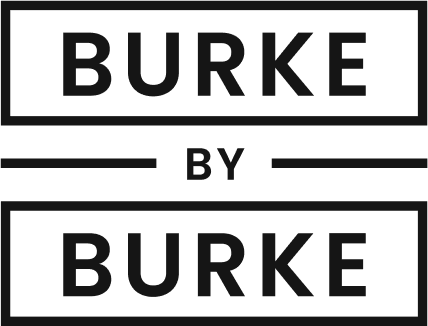Salmon and olive trees might be more alike than you think, according to these Palestinian restaurateurs
Cumin. Or at least, what I think is cumin.
It’s the first scent I’m hit with as I enter Tamam, a Palestinian restaurant that’s called the Hastings-Sunrise neighbourhood home since 2011.
Whether or not my nose is… on the nose, the scent is warm, fragrant and welcoming.
I’m ushered in by the owners Sobhi and Tamam Zobaidi (who the restaurant is named after, Tamam meaning ‘full moon’ and ‘perfect’). Also a married couple, they speak quietly to each other in Arabic as they prepare a pot of tea for us to share.
“I make for you, anise tea, you can smell it”, shares Tamam. “It’s very hot. It’s anise seeds and honey.”
A welcome that is both warm and powerful.
Sobhi and Tamam first met in Palestine and married in 2000, where they were both artists: Sobhi as a filmmaker and Tamam in theatre and television performance. They came to Canada in 2006 when Sobhi was offered an opportunity to work with Simon Fraser University.
To jump from a career in art to running a restaurant seemed like a pretty big leap to me. But the way they see it, the relationship between art and food makes perfect sense. Tamam, who is also the restaurant’s cook, shares her insights. Her voice is like a song - it’s as if the honey from the anise tea lives in her throat - that I could listen to all day.
“They’re both marrying each other. The way you treat art is the same way you treat food. Like, when you cook it’s a specific way of art, with the colours, and when you paint everything has to go by an organization.”
Tamam, also a painter, has some of her paintings displayed throughout the restaurant. They depict different times in Jerusalem: a full moon, a Friday, noontime.
Full Moon Over Jerusalem (Tamam Zobaidi, 2023)
The ethos behind opening the restaurant stemmed from a desire to extend their culture, which they saw very little representation of, in Vancouver.
“Food has become a major constituent of what a city is. It’s not just ‘a city is a city’ because you can eat French and Italian and Chinese and Japanese and all these foods. We sort of wanted to put Palestine and Palestinian cuisine on the culinary map of the city”, Sobhi comments.
“We believe we have a very sophisticated cuisine, but people don’t know it because our cuisine, like many Palestinian things, have been suppressed because of the political situation.”
As a born and raised Vancouverite, I call myself a ‘foodie’ the same way I wear my Blundstone boots and yoga pants - with unabashed local pride.
But when it comes to Palestinian food, I am painfully ignorant.
And it is with embarrassment that I realize, sitting at this table with these two lovely, articulate, warm people from Palestine, that my ignorance of their culture goes beyond food. I have much to learn, and am humbled by the opportunity to do so at this moment.
In discussing the current political landscape of their home country, the use of language has its own specific power. Conflict. War. Genocide. How you describe what’s currently going on in Palestine is indicative of your perspective on the matter.
When I first reached out to Sobhi and Tamam, I was immediately intrigued by their email signature:
We respectfully acknowledge that we are able to work, live and grow on the unneeded territory of the Coast Salish Peoples. We Palestinians know exactly what you have been through with settler violence and destruction, because we are living the same nightmare. We are inspired by your resistance, struggle and your perseverance.
When asked about this, the conversation turns into a dialogue about the similarities between salmon and olive trees: symbols of great meaning in Indigenous and Palestinian cultures, respectively.
“They try to cut our olive trees exactly the way they tried to cut resources from the First Nations, such as the salmon”, expresses Tamam. “For me, it’s the same, we talk about food and culture, and this is both carried the same way, our resistance.”
Sobhi and Tamam continue their efforts to bring Palestinian food and culture to the city: they recommend trying Mujaddara, their oldest, traditional symbolic dish (also gluten-free and vegan) and freekah, an ancient whole grain that Sobhi promises will make you “never want rice again.”
“Little by little, not only us, but many Palestinians, have started to discover food not only as a thing to eat, but a thing to articulate your culture, a thing to carry out and introduce your culture”, says Sobhi, “It’s even more effective than other forms like poetry, writing or film.”
Date of Visit: April 24, 2024


